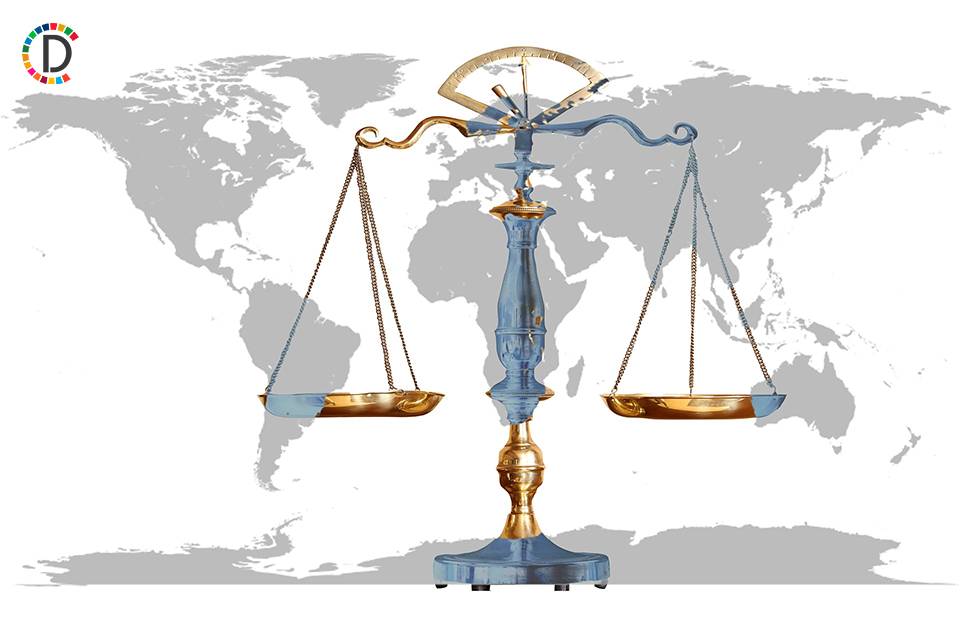India strongly rejects China's objection to Vice President Naidu's Arunachal visit

- Country:
- India
India on Wednesday strongly rejected China's objection to a recent visit to Arunachal Pradesh by Vice President M Venkaiah Naidu, asserting that the state is an ''integral and inalienable'' part of India and such a reaction does not stand to ''reason and understanding'' of the Indian people.
Rebutting China's comments, External Affairs Ministry Spokesperson Arindam Bagchi also said India expects that the Chinese side will work for a speedy resolution of the remaining issues in eastern Ladakh while referring to the ''unilateral attempts'' by that country to alter the status quo in the mountainous region.
''We have noted the comments made today by the Chinese official spokesperson. We reject such comments. Arunachal Pradesh is an integral and inalienable part of India,'' Bagchi said.
''Indian leaders routinely travel to the state of Arunachal Pradesh as they do to any other state of India. Objecting to the visit of Indian leaders to a state of India does not stand to reason and understanding of Indian people,'' he said responding to a media query on China's reaction to Naidu's visit to the northeastern state over the weekend.
At a media briefing in Beijing, Chinese Foreign Ministry spokesman Zhao Lijian, in response to a question about Naidu's visit to Arunachal Pradesh, said China has never recognised the state.
''China's position on the China-India boundary issue is consistent and clear-cut. The Chinese government has never recognised the so-called 'Arunachal Pradesh' established unilaterally and illegally by the Indian side and firmly opposes the Indian leader's visit to this above-mentioned area,'' he said.
''China urges the Indian side to earnestly respect China's major concerns, stop taking any action that would complicate and expand the boundary issue, and refrain from undermining mutual trust and bilateral relations. It should instead take real actions to maintain peace and stability in the China-India border area, and help to bring China-India relations back onto the track of sound and steady development,'' Zhao added.
China has been objecting to visits of Indian leaders to Arunachal Pradesh, claiming it is a part of South Tibet.
The fresh war of words between the two sides came three days after the 13th round of military talks on Sunday on the 17-month standoff in eastern Ladakh that ended in a stalemate.
''Further, as we have mentioned earlier, the current situation along the Line of Actual Control (LAC) in the Western Sector of the India-China border areas has been caused by unilateral attempts of the Chinese side to alter the status quo in violation of the bilateral agreements,'' Bagchi said.
The government often refers to eastern Ladakh as Western Sector.
''Therefore, we expect the Chinese side to work towards early resolution of the remaining issues along the LAC in eastern Ladakh while fully abiding by bilateral agreements and protocols rather than trying to link unrelated issues,'' Bagchi said.
A day after the 13th round of military talks, the Indian Army said the ''constructive suggestions'' made by it were neither agreeable to the Chinese side nor it could provide any ''forward-looking'' proposals.
''The meeting thus did not result in resolution of the remaining areas,'' it said in a statement on Monday.
On its part, the Chinese PLA's Western Theatre Command said India insisted on ''unreasonable and unrealistic demands, adding difficulties to the negotiations.'' The border standoff between the Indian and Chinese militaries erupted on May 5 last year following a violent clash in the Pangong lake areas and both sides gradually enhanced their deployment by rushing in tens of thousands of soldiers as well as heavy weaponry.
As a result of a series of military and diplomatic talks, the two sides completed the disengagement process in the Gogra area in August and in the north and south banks of the Pangong lake earlier in February. Each side currently has around 50,000 to 60,000 troops along the LAC in the sensitive sector.
(This story has not been edited by Devdiscourse staff and is auto-generated from a syndicated feed.)
ALSO READ
World Bank projects Indian economy to grow at 7.5% in 2024
Adani Green Energy becomes India's first company with 10,000 MW renewable energy capacity
World Bank projects India's growth to reach 7.6% in FY 23-24
"Today's action painting the canvas of tomorrow...": India's top diplomat highlights Akshaya Patra initiative at UN
Adani Green Energy becomes India's first to surpass 10,000 MW renewable energy










